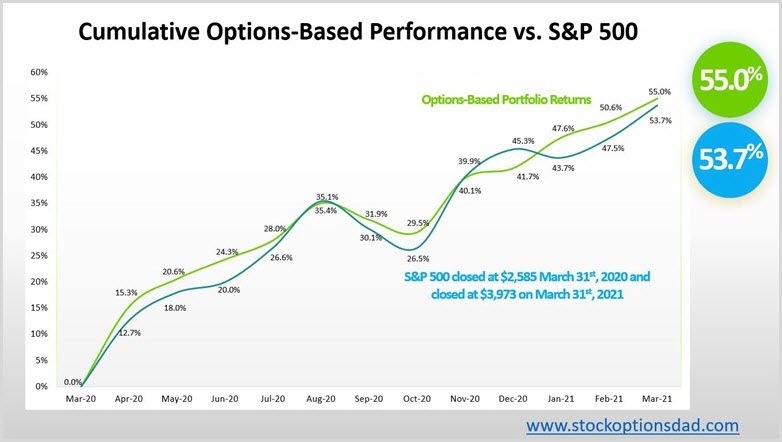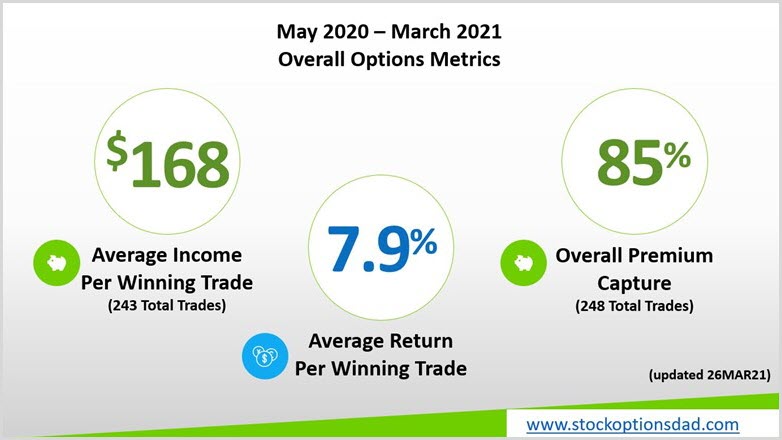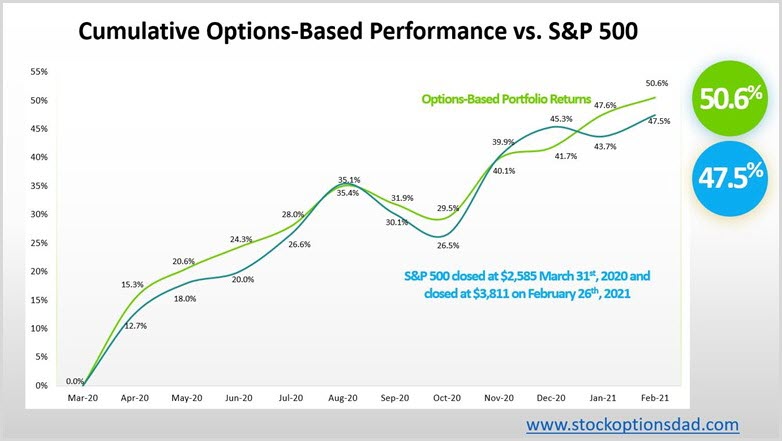Rolling option trades has a negative perception in the options world. The act of rolling an options trade does not deserve the negative connotation it has garnered over the years. Rolling can serve as a valuable tool in a comprehensive options strategy. Inevitably, when trading options, an option’s strike will be challenged, and when this occurs, one may need to act to circumvent a potential loss. These potential losing trades can be managed effectively to avoid losses altogether via rolling. Given the right set of circumstances, trades can be rolled by closing out the pending trade for a debit and subsequently opening a new trade with a later date and further out-of-the-money strikes for an overall credit.
Options provide a statistical edge to the option seller’s advantage. When the option strike is challenged, this statistical edge is negated and must be reset by rolling a trade to reestablish this edge and subsequent advantage. Rolling out to a later date and further out-of-the-money strikes allows more time for the trade to work through the unexpected price excursion. Options trading enables traders to define risk, leverage a minimal amount of capital, and maximize return on investment. Options trading can create smooth and consistent portfolio appreciation without predicting which way the market will move. Options enable one to generate consistent and durable monthly income in a high probability manner in both bear and bull market scenarios, and rolling is part and parcel to this overall options-based approach. Rolling trades seldomly occurs, and over the past 12 months, only 7 trades were rolled while only 3 of those 7 were required (e.g., the strike remained breached at expiration).

Figure 1 – Overall rolled option metrics from May 2020 – April 9th, 2021, including rolled trades
Continue reading "Rolling Trades: Removing The Negative Connotation"



